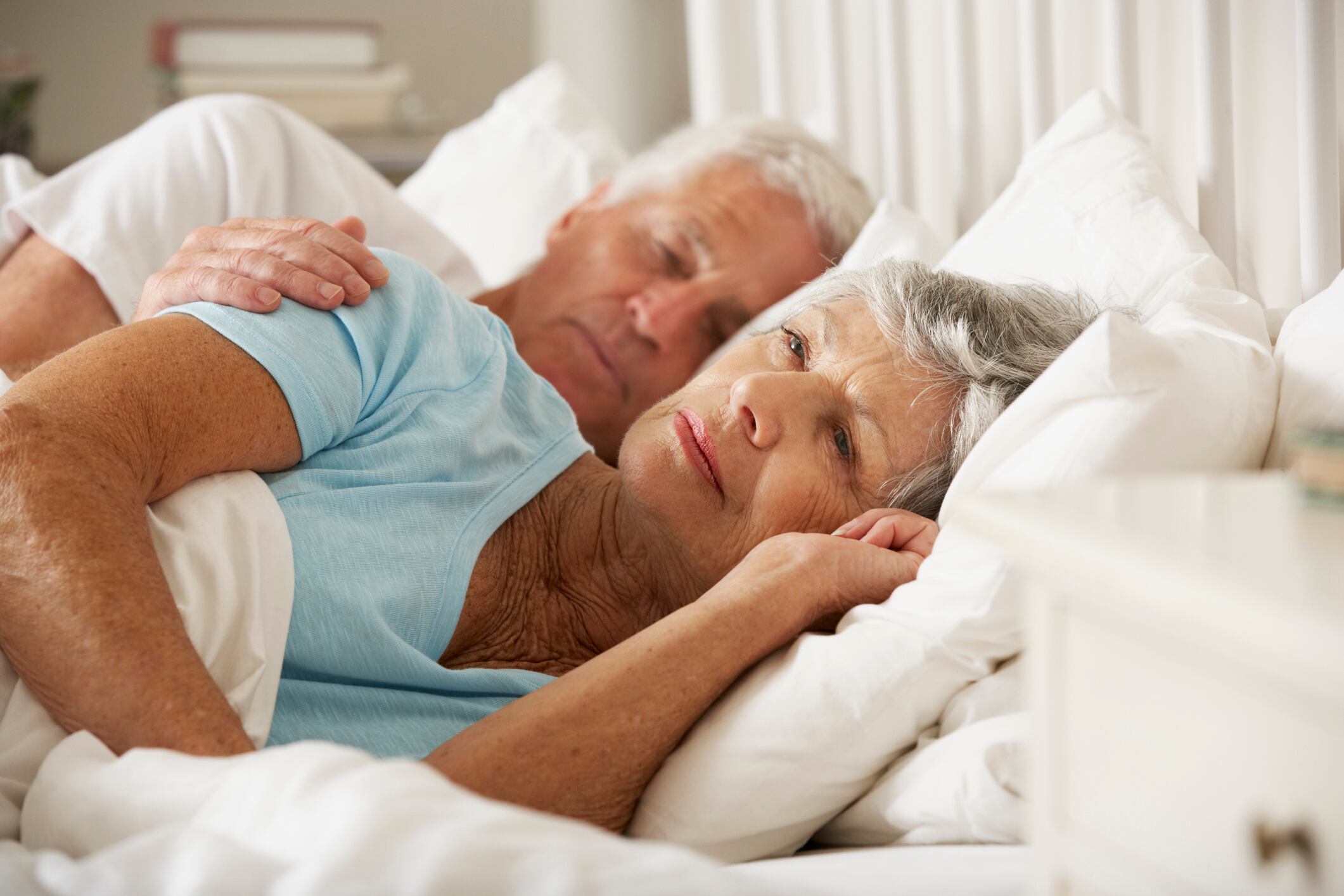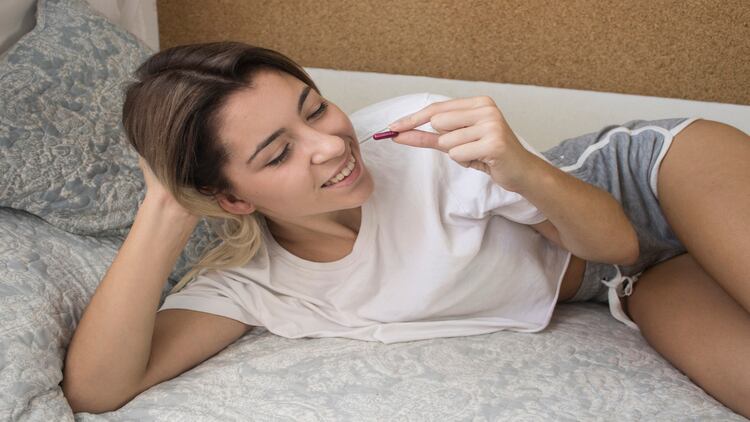The purified extract (polyphenol verbascoside) binds to specific receptors in the body and produces a sedative effect to reduce stress in a similar way to benzodiazepines, but without undesirable side effects or causing dependency, they explain.
In tests carried out by Monteloeder for its product RelaxPLX, the team looked at the effect of the purified extract researchers and observed improvements in sleep quality and stress levels in the treatment group after two months of continuous supplementation.
This demonstrates the plausibility of using lemon verbena extract as a natural alternative, the authors write.
Objectives
Most people suffer from anxiety in one way or another, but prolonged stress can have a severe impact on general health and sometimes provoke serious conditions, such as depression, cardiovascular disease, and insomnia.
Previous studies have demonstrated the positive effects of purified lemon verbena extract on sleep and stress. However, researchers in the current trial decided to increase the ingredient purification and use a lower dosage to fit in one capsule (as opposed to two previously).
The authors assert that the combination of subject questionnaires and Fitbit trackers used to monitor the results in the current study provide a more complete, objective assessment of both sleep and stress in participants.
Methods
A population of 40 volunteers with moderate levels of stress and poor sleep quality were treated with a supplement containing 400mg of lemon verbena leaf extract and 150mg of excipient (cellulose microcrystalline), or the placebo.
Subjects were instructed to take one capsule per day, one to two hours before sleeping. Results were analysed over eight weeks, followed by a one-month follow-up.
Volunteers had to complete perceived stress scale (PSS) questionnaires and submit to an electrocardiogram to determine resting heart rate. A perceived sleep quality index (PSQI) questionnaire was used as the validated test, where high values indicate poor quality sleep.
Participants wore Fitbit monitoring bracelets for seven days at baseline and at one and two months to measure stress quality. After one month without nutraceutical intake patients had to retake questionnaires to study the psychological effect of ‘washout’.
Cortisol levels were analysed to determine stress levels and substantiate PSS questionnaires. Cortisol is known as the stress hormone and is a standard method of measuring stress.
Results
Perceived stress decreased after two months and sleep quality improved. Researchers noted increases in the percentage of time spent in the deeper stages of sleep and REM. Interestingly, a stronger effect on sleep quality was observed in women.
Decreased stress coincided with lower cortisol levels. Similar degrees of stress were observed in both groups during the first month but by the second month, there was a significant improvement in the treatment group when researchers detected a 15.6% decrease in cortisol levels. This increase was maintained in the washout period.
Meanwhile, the PSQI questionnaire indicated consistent improvements in sleep quality after supplementation. Scores progressively decreased from the first month and results after washout were 25.9% lower compared to the baseline.
No significant differences were detected in the placebo.
Inclusive study
The study design allowed outcomes to be measured both objectively and subjectively and the nutraceutical formulation reduced patient drop-out compared with other studies where syrups, for example, had biological effects on sleep.
Some authors consider consumer tracking devices, such as the Fitbit, may have limited accuracy in measuring sleep. However, the researchers argue in favour of consumer wearables as they do not require an external expert or sophisticated machinery, which is why they were implemented in the study.
Source: Nutrients
Published online: doi.org/10.3390/ nu14010218
‘Anxiolytic Effect and Improved Sleep Quality in Individuals Taking Lippia citriodora Extract’
Alejandro Martínez-Rodríguez, María Martínez-Olcina, Juan Mora, Pau Navarro, Nuria Caturla and Jonathan Jones



